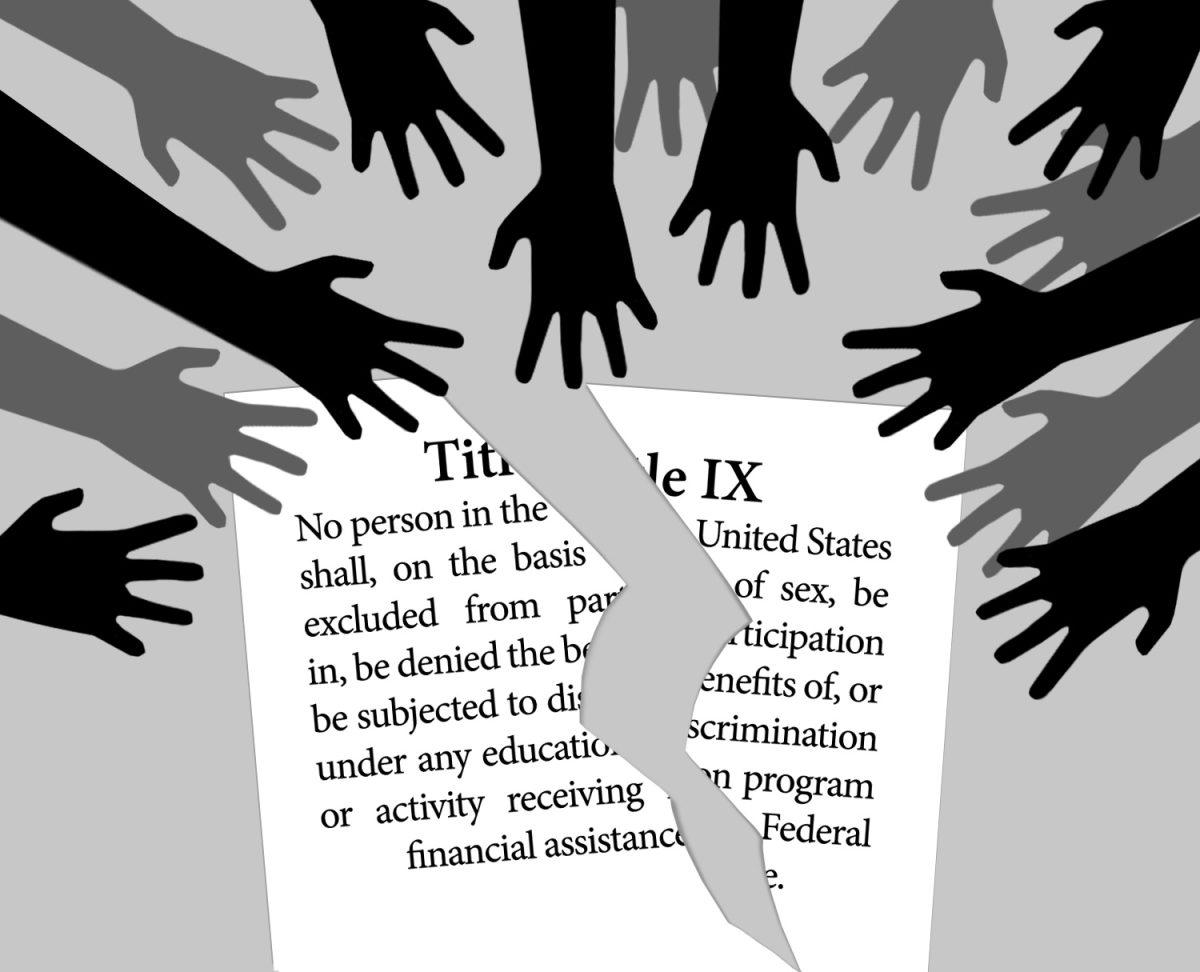
Rafael Zingle
Title IX
NC State is at a standstill with the proposal for changes to Title IX since the public comment period ended, and it is now waiting for the U.S. Department of Education to release a final proposal.
Last November, the department released a rewrite of the Title IX law, which prohibits discrimination on the basis of sex in federally funded schools. Some proposed changes include redefined criteria for sexual harassment and the standard of evidence.
The American public had a period to comment publicly on the changes from Nov. 29 to Jan. 28 then again for 24 hours on Feb. 15.
Janine Kossen, associate director of the Women’s Center, said there have been no changes implemented yet.
“Title IX is a statutory law, and what the administration is doing is proposing changes to that,” Kossen said. “These changes have not gone into effect yet. What they did was they issued a notice of proposed making and then gave a 60-day comment period for any stakeholder’s interest to comment on that.”
The Department of Education is reviewing the over 105,000 comments on the changes, according to Kossen.
David Elrod from the Office of Institutional Equity and Diversity said that it is hard to make decisions about the university’s response when the department issues the final proposal, and that it could be another year before the changes go into effect.
“They are currently just proposed,” Elrod said. “They’re not in the final stages yet, and so until we know what those actually look like, the university cannot make concrete decisions.”
The proposed changes would also allow universities to cross-examine accusers of sexual assault, to use informal resolution, such as mediation to resolve cases, and change the jurisdiction.
Kossen commented on the proposed changes saying that if any of the proposed changes, become law, she believes it will be harder for survivors to come forward to speak out about their experiences.
“The barriers are often really high for people to come forward and seek support, and so the more hurdles you put in their paths, the less likely it is that people are going to come forward and seek support,” Kossen said.
One part of the proposal said that instance of sexual assault must greatly affect a student’s education in order to file a lawsuit under Title IX. Kossen gave her interpretation and opinion on the change.
“I think this speaks a little bit to the on-campus versus off-campus debate nationally,” Kossen said. “Essentially, regardless of where an incident occurs, it’s more than likely to affect someone’s educational status … I think the concern from national orgs is that the way the language is being interpreted is that it has to have such a substantial impact that essentially it will be too late, and students will have already dropped out. So, instead of addressing the problem upstream, you’re waiting until you’re all the way downstream.”
Elrod claimed that NC State will continue to support survivors of sexual assault and strongly encouraged people to comment on the changes.
“We try to stress that individual comments, as opposed to form comments or form letter type of comments, were going to be seen with a bit more higher regard, and that the Department of Education is going to have to address, in some manner, the comments that have substantial matter,” Elrod said.
Kossen also said the Title IX office, which includes the Women’s Center, supports academic accommodations for victims of sexual assault both on- and off-campus.
According to Kossen, the department must respond to each unique public comment. Elrod and Kossen also mentioned that once changes are announced, the university response will be a collaborative effort between university departments, the General Council and the UNC System.
Elrod said that anyone who comes into the Office of Institutional Equity and Diversity will be treated equally in sexual assault cases and will continue to gather information from an objective point of view.
Kossen said that she believes overall, NC State has a good system for supporting survivors.